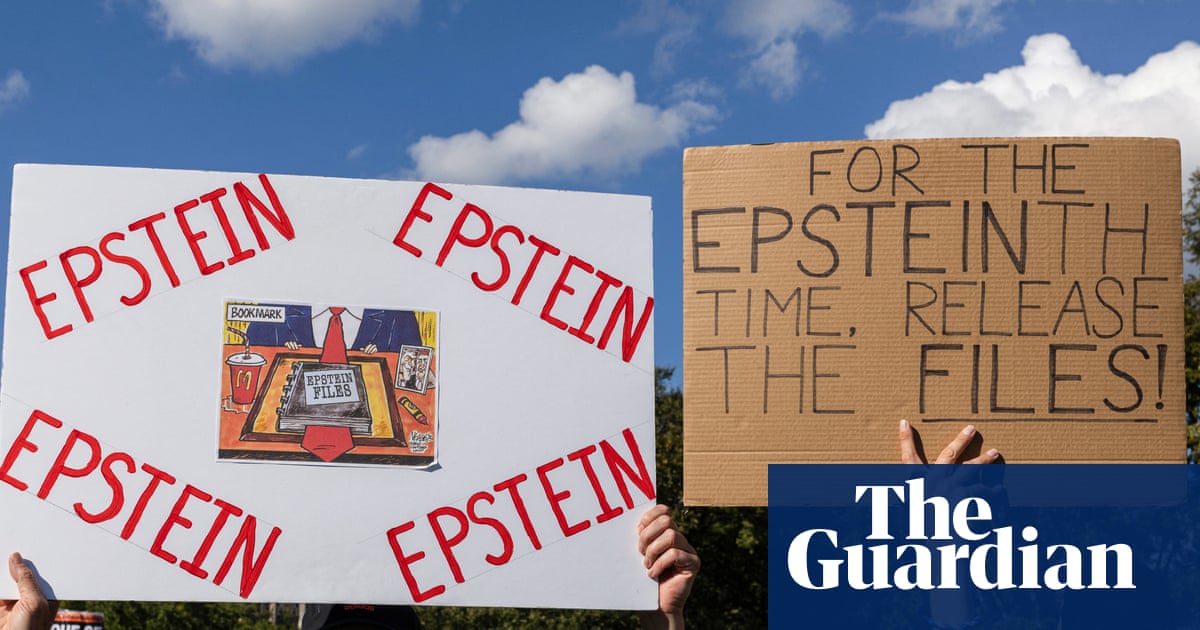On Tuesday, Democrats won right, left and center.
In purple Virginia, Abigail Spanberger, the staunchly anti-socialist former CIA official won handily over her Republican counterpart. Meanwhile, Mikie Sherrill, a poster child for centrist Democrats, won big in light-blue New Jersey. And in ultra-progressive New York, the democratic socialist Zohran Mamdani, predictably, took the mayoralty. With such varied success, what could be the common lesson?
First, all of these candidates took the economy seriously. Mamdani has long been praised, even by moderates, for making his campaign all about affordability. But this was no less true for Sherrill and Spanberger, who moved in a decidedly populist direction with their campaigns. At times, centrist Sherrill even sounded like Bernie Sanders. That’s good.
Second, all of these candidates successfully distanced themselves from unwise (and unpopular) progressive positions on crime and the fringier elements of the social justice brigade. As a result, they broadened their appeal. Also good. And suggestive that a commonsense populism can serve as the path back to power for Democrats.
To be sure, enduring structural problems remain; for one thing, all of these candidates are rich. That’s not good. Sherrill was hammered on the campaign trail about the millions she made while in Congress. But Mamdani, too, is the son of elites; his mother is a world-famous millionaire moviemaker with homes on three continents. These aren’t great credentials for Democrats trying to demonstrate their everyman qualities to working-class voters who have turned their backs on the party.
Still, Mamdani was the big star of the night. And for good reason. Not only was Mamdani the only outsider candidate, facing down long odds and big money; he alone offered the inspirational vision that Democrats so desperately need. He has a compelling theory of society, one that helps voters make sense of the madness that is our new Gilded Age, and a political program that flows naturally from that theory. As a result he offers a more persuasive political vision than the establishment’s poll-tested “popularism” – which amounts to asking voters what they already like and then insisting that Democrats conform to the survey results. Voters want to elect leaders, and leaders have to have a vision of the way society ought to look. Mamdani does. The Democrats, by and large, do not.
The cruel political irony is, of course, that candidates such as Mamdani, who have the far-reaching vision to propose a new economic model, who have the bravery to challenge the political establishment and who have the charisma to inject some life into the political scene, tend to win in the kinds of places where they have the least leverage – uber-progressive, rich, global cities. This, in turn, threatens to limit their appeal, and their power, to the level of government least capable of winning the world they want.
Municipal government – even in a city that is home to Wall Street – is simply not fit to fuel real economic change. It’s not that Mamdani has promised policies far beyond the scope of feasibility. His program was limited. And given that New York City is very rich, from a budget perspective, his policies are affordable. But class politics aren’t like accounting: it’s not whether the government can afford it, it’s whether the rich will allow it.
Billionaires have long been threatening that a Mamdani election would send the rich packing. An exodus of well-to-do New Yorkers, who feel they are already overtaxed, would starve the budget and force a conservative turn at city hall. The flight of the rich isn’t particularly likely, but it is a danger. This is why so much of social policy must be decided at the national, and not the local, level. Just look at the exodus of California residents to low-tax red states such as Texas and Florida, which has been a boon for those states and headache for California. With the continued allure of remote work, it’s not something Mamdani can afford to ignore. Which is why he went out of his way to assure the elite that he won’t be soaking the rich so much as splashing them.
This structural challenge is compounded by the nature of liberal urban politics and the perceptions of voters in a nationalized political environment. Of course, Mamdani made great efforts to broaden the left’s base. He steered his campaign away from wrongheaded activist slogans about defunding the police or abolishing prisons. He very intentionally projected a sense of respectability and responsibility – he was almost exclusively pictured in a suit and tie. And as a result he was able to win voters well beyond the narrow confines of New York’s “commie corridor” and reach deep into working-class outer-borough neighborhoods. Yet, as Woody Allen said in Annie Hall: “The rest of the country looks upon New York like we’re leftwing, communist, Jewish, homosexual pornographers.” And despite his clear moderation on a whole host of liberal cultural crusades, Mamdani does advocate a soft touch on drugs, crime and sex work. Again, this is fine … for New York. But for their political program to succeed, populists like him need federal power and for that they need national appeal. Mamdani’s supporters need to confront a real danger. As the mayor-elect is catapulted to the unofficial position of leader of the American left, progressive populism risks being even more tightly associated with the views and values of Park Slope’s young professionals.
National Democrats have a lot to learn from Mamdani. If they want to retake Congress, they need to learn what it is to have conviction and a vision that goes beyond tinkering with the tax code. At the same time, if populists are to have a hope of implementing their program, they must break out of the political confines of deep-blue cities.
-
Dustin Guastella is the director of operations for Teamsters Local 623 in Philadelphia, and a research associate at the Center for Working-Class Politics

 German (DE)
German (DE)  English (US)
English (US)  Spanish (ES)
Spanish (ES)  French (FR)
French (FR)  Hindi (IN)
Hindi (IN)  Italian (IT)
Italian (IT)  Russian (RU)
Russian (RU)  3 weeks ago
3 weeks ago
























Comments